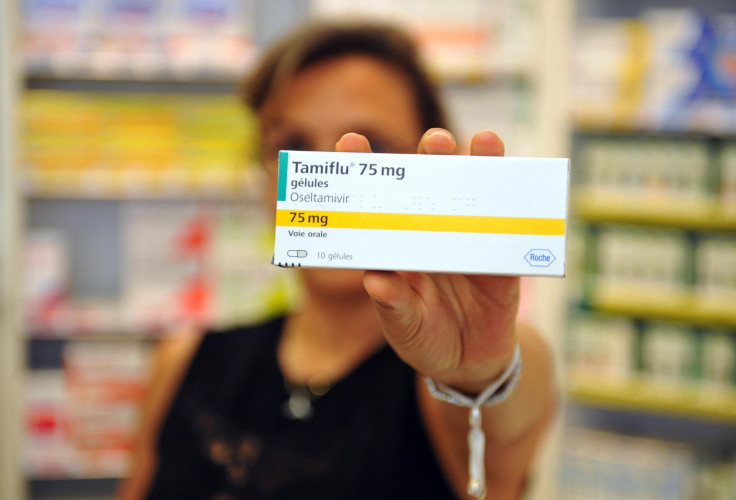Young Girl Severely Hallucinates After Taking Tamiflu, Family Says

A six-year-old girl from Allen, Texas, reportedly suffered extreme side effects after taking Tamiflu, a preventive flu medication, her family said.
A Texas family, who desires to remain unidentified, has no intention of utilizing the drug again after Tamiflu allegedly caused their young child to experience hallucinations and even attempt to inflict harm on herself, according to KTVT. The family decided to put their daughter on Tamiflu because the drug is supposed to provide 16 hours of flu symptom relief, however.
"The second story window was open, which is in her bedroom," the child's father told KTVT. "She used her desk to climb up onto it, and she was about to jump out the window when my wife came up and grabbed her."
"Know that side effects are there for a reason. They're written down for a reason. I guess they can happen, and we got the short end of the stick," the father added.
Tamiflu, also known as oseltamivir phosphate, was approved in 1999 by the Food & Drug Administration (FDA) for people two-weeks of age and older. The first generic version of Tamiflu was approved for consumers in August 2016. The medication, which comes in pill and liquid form, is meant to be taken within 48 hours of influenza A and B symptoms hitting.
Children between two-weeks old and to 12 years of age should only take one dose twice daily for five days, depending on the child's weight.
"Taking antiviral Tamiflu may also help prevent the flu in young children," the medication's website read. "In a study of children 1-12 years old who were exposed to the flu, taking Tamiflu reduced their chance of getting the flu."
While severe allergic reactions to Tamiflu are rare, they can still emerge. Rash, severe dizziness and trouble breathing are among a short list of less common symptoms, according to WebMD.
Dr. Glenn Hardesty, an emergency room physician with Texas Health Prosper, claimed the more extreme symptoms that the six-year-old suffered — psychosis included — are possible.
"Less than 1 percent is what’s listed in the data sheet," Hardesty told KTVT. "I've been in practice 20 years, and I haven't seen that particular complication."
© Copyright IBTimes 2024. All rights reserved.






















